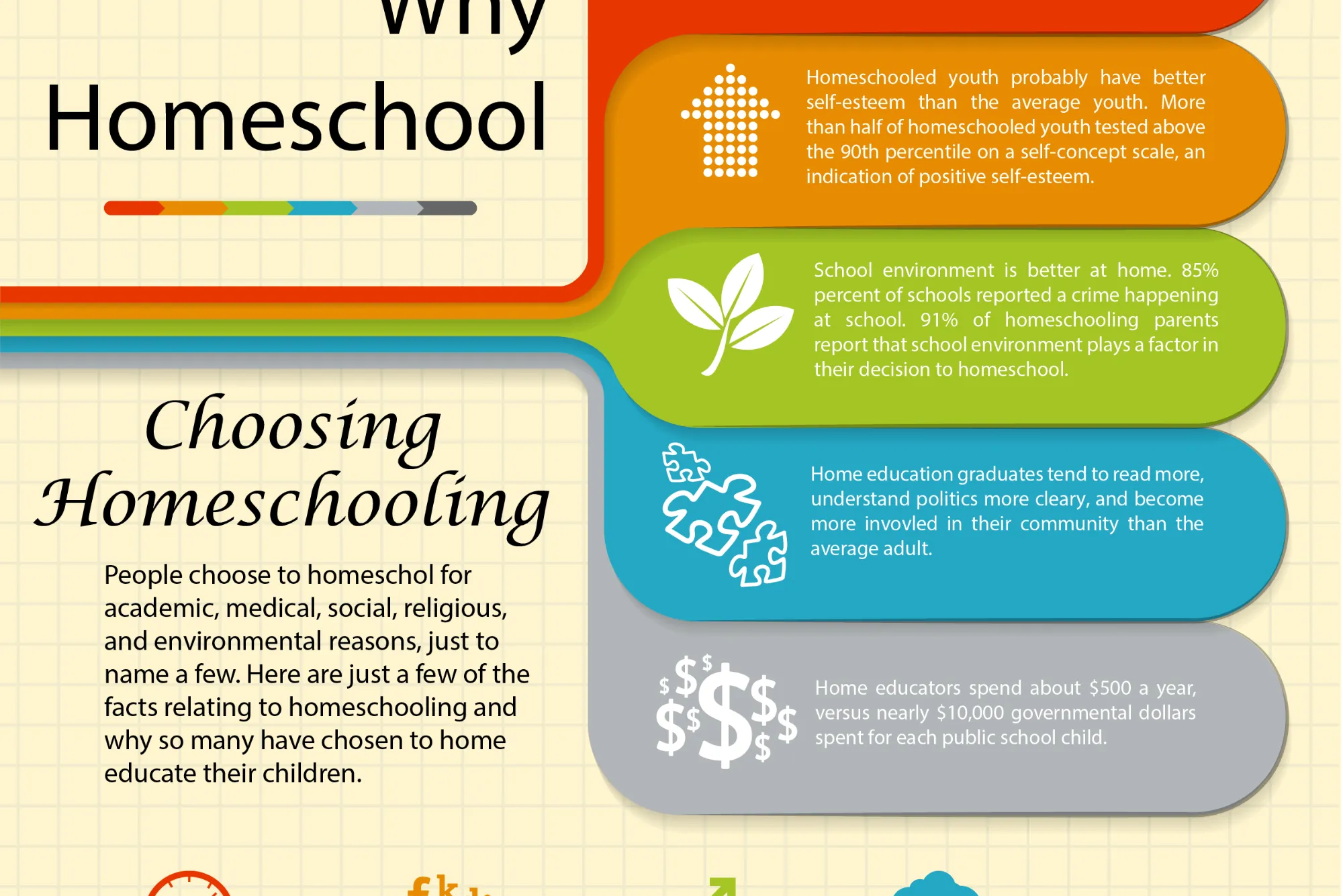Homeschooling has emerged as a viable alternative to traditional education, offering flexibility and personalization to families worldwide. With the rise of technology and the need for adaptable learning environments, home school programs have become increasingly popular. They provide an effective way to meet educational goals while catering to individual learning styles. This article explores everything you need to know about home school programs, from their benefits to the top options available today.
What Are Home School Programs?
Definition and Key Features
Home school programs are structured educational frameworks designed for families who choose to educate their children outside of traditional school settings. These programs provide parents with resources, curriculum guides, and often virtual or live teaching assistance.
Types of Home School Programs
Home school programs come in various formats:
- Online Programs: Fully digital platforms where students learn via video lessons and interactive modules.
- Offline Programs: Paper-based curricula that rely on textbooks and printed resources.
- Hybrid Programs: A mix of online tools and in-person classes, offering the best of both worlds.
Differences from Traditional Schooling
Unlike traditional schools, home school programs allow parents to tailor the learning experience, often resulting in a more personalized approach. There is no rigid schedule, and children can learn at their own pace.
Benefits of Home School Programs

Flexibility in Schedule and Curriculum
One of the greatest advantages of home school programs is their flexibility. Families can plan study times around their own schedules, making room for travel, extracurricular activities, and special interests.
Personalized Learning Experiences
Homeschooling caters to individual learning styles, whether a child thrives on hands-on activities, auditory lessons, or visual aids. This approach ensures better understanding and retention.
Stronger Family Bonding
Spending more time together fosters stronger relationships within the family. Parents can also instill values and beliefs they find important in their child’s education.
Addressing Special Learning Needs
For children with learning disabilities or advanced intellectual needs, home schooling allows for customized pacing and methods, making learning enjoyable and effective.
How to Choose the Right Home School Program
Factors to Consider
Choosing the right home school program depends on several factors:
- Budget: Determine how much you are willing to invest.
- Learning Style: Find programs that align with your child’s preferences.
- Accreditation: Ensure the program meets state education requirements if needed.
Comparing Programs
Research and compare programs by reading reviews and reaching out to other homeschooling families. Take advantage of free trials to see what works best for your child.
Setting Educational Goals
Clearly define your goals, such as preparing for standardized tests, focusing on a particular subject, or fostering independent learning.
Top Home School Programs in 2024
Online Platforms
- Khan Academy: Offers a vast library of free lessons across multiple subjects.
- Time4Learning: A comprehensive platform with interactive lessons and parent tools.
Accredited Curricula
- Abeka: Known for its rigorous and faith-based curriculum.
- Calvert Education: Offers a blend of classic and modern educational approaches.
Faith-Based Programs
- Sonlight: Literature-rich curriculum ideal for Christian families.
- BJU Press: Provides Bible-integrated learning materials.
Challenges in Home Schooling and How to Overcome Them
Maintaining Consistency and Discipline
Establish a routine to keep lessons on track. Using planners and setting daily goals can help.
Socialization Concerns
Encourage participation in community groups, extracurricular activities, and sports to ensure children develop social skills.
Balancing Parental Responsibilities
Share teaching responsibilities with your partner or consider co-op homeschooling groups for support.
Resources for Homeschoolers

Online Tools and Apps
Utilize platforms like Quizlet for flashcards and Duolingo for language learning. Virtual field trips and YouTube tutorials can also enhance learning.
Communities and Support Groups
Join local or online homeschooling groups to connect with other families for advice and shared experiences.
Educational Materials and Activities
Leverage libraries, educational subscription boxes, and science kits to keep learning engaging.
FAQs About Home School Programs
Do Home School Programs Need Accreditation?
Not all programs require accreditation, but enrolling in an accredited one can make transitioning back to traditional schools or applying for colleges easier.
How Do Homeschoolers Prepare for College or Careers?
Homeschoolers can prepare by following high school-level curricula, participating in standardized testing, and building strong portfolios.
Can Homeschooled Children Participate in Extracurricular Activities?
Yes, many community centers, sports leagues, and art studios offer programs that welcome homeschooled children.
Home school programs open a world of possibilities for families seeking flexible, personalized, and effective education. From online platforms to traditional curricula, there are options to suit every family’s needs. Start your homeschooling journey today by exploring the wide range of programs available and choosing the one that aligns with your educational goals.
This article is structured for easy navigation and optimized for SEO to attract readers looking for detailed information on home school programs.






